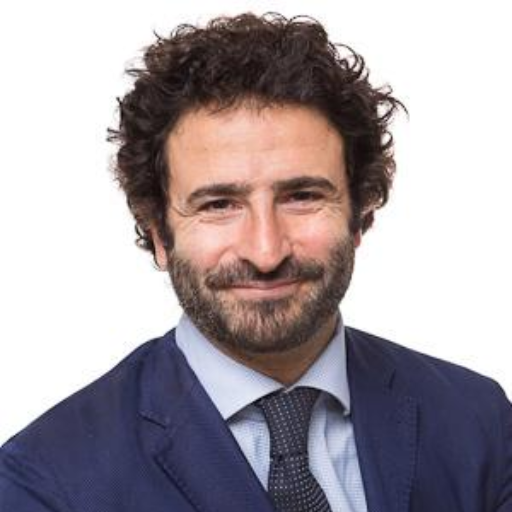Precuneus rTMS: A Novel Therapy for Mild AD Patients

About the Research Project
Program
Award Type
Standard
Award Amount
$190,000
Active Dates
July 01, 2019 - June 30, 2022
Grant ID
A2019523S
Co-Principal Investigator(s)
Martorana Alessandro, MD, PhD, Rome University Tor Vergata
Goals
Alzheimer’s disease is a global health challenge. Our efforts will aim at developing an effective treatment able to meet the needs of patients and their families. Thus, the primary aim of this project is to investigate the efficacy of a non-invasive brain stimulation, namely repetitive transcranial magnetic stimulation (rTMS), on memory skills in patients with mild Alzheimer’s disease. rTMS is considered a safe, well tolerated and relatively cheap treatment. The appealing idea of our intervention is to improve memory by directly modulating the activity of precuneus, key area linked to memory impairment. Patients will be treated with rTMS in two phases: an intensive phase and a maintenance phase for a total of six months. This project will provide a valid treatment to slow the worsening of symptoms and improve quality of life for those with Alzheimer’s and their caregivers.
Summary
The goal of this project is to provide a first robust clinical evidence that transcranial magnetic stimulation can be effective in slowing down cognitive and functional decline in patients suffering from Alzheimer’s disease for a long term period of one year. The innovation of the project resides in the use of repetitive transcranial magnetic stimulation (rTMS) as a novel strategy to modulate the neural activity of the precuneus, a key node of the default mode network (DMN). We expect that DMN rTMS will increase the neural activity of the stimulated areas and of the interconnected nodes inducing relevant clinical effects in terms of cognitive functions and autonomies of daily living. We aim to use multimodal neurophysiological tools, such as transcranial magnetic stimulation combined with electroencephalography (TMS/EEG), to measure changes in cortical activity and connectivity/plasticity of the parieto-frontal network. Our research, if successful, will transfer the well know potential of non-invasive brain stimulation methods from an experimental setting towards a real-life clinical setting. We expect that our proposed rTMS therapy will be well tolerated and available for most of the patients, given the well-established safety profile. Hence the current proposal aims to deliver an alternative therapeutic tool, to be eventually combined with other treatments based on new compounds or drugs that hopefully will reach soon the market. Indeed, our proposal might have a relevant impact in terms of promoting a new therapeutic approach which is relatively cheap and easily accessible for AD patients. Since the cost for a repetitive TMS machine is less than 50.000 USD we believe that our approach could be easily replicated across several dementia centers all over the world.
Grants
Related Grants
Alzheimer's Disease Research
Partnership with Molecular Neurodegeneration Open Access Journal
Active Dates
July 01, 2010 - June 30, 2015

Principal Investigator
Guojun Bu, PhD
Partnership with Molecular Neurodegeneration Open Access Journal
Active Dates
July 01, 2010 - June 30, 2015

Principal Investigator
Guojun Bu, PhD
Alzheimer's Disease Research
Identifying Women-Specific and Men-Specific Risk Factors for Alzheimer’s Disease
Active Dates
July 01, 2022 - June 30, 2024

Principal Investigator
Gael Chetelat, PhD
Identifying Women-Specific and Men-Specific Risk Factors for Alzheimer’s Disease
Active Dates
July 01, 2022 - June 30, 2024

Principal Investigator
Gael Chetelat, PhD
Alzheimer's Disease Research
Mitochondrial Prodrug to Treat Repeated Mild Traumatic Brain Injury
Active Dates
September 08, 2021 - December 31, 2023

Principal Investigator
Patrick Sullivan, PhD
Mitochondrial Prodrug to Treat Repeated Mild Traumatic Brain Injury
Active Dates
September 08, 2021 - December 31, 2023

Principal Investigator
Patrick Sullivan, PhD



